2007 / Steve Buscemi > Even at 80 minutes long, Interview tests your patience over and over until you realize the film is actually a Sienna Miller biopic that Steve Buscemi made so he could make out with her. And while that could be considered a legitimate reason in some circles, the sheer pain of having to witness an unending conversation that continuously assaults the intelligence all but nullifies any reason for the film’s existence. Let’s hope the rest of the trilogy isn’t so weak.
Category Archives: 1.5
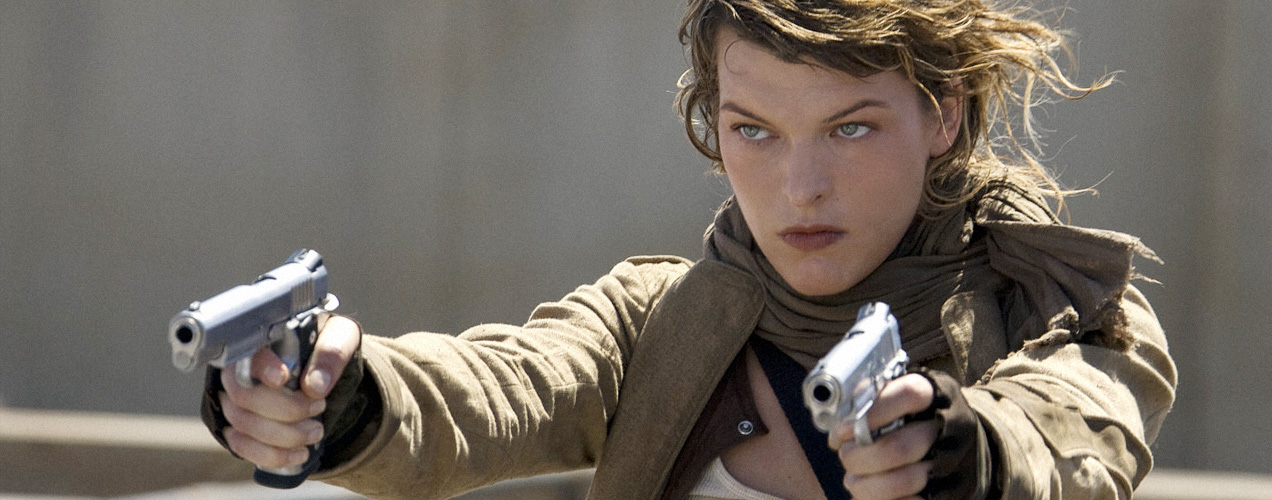
Resident Evil: Extinction
2007 / Russell Mulcahy > The worst thing a Resident Evil-like movie can be is boring. And this one is boring. It’s not really exciting. Nothing really happens. Okay, some things happen but they’re mostly boring. So, nothing might as well happen at all. Though, Milla Jovovich sure can kick some ass. And there are a few explosions to wake you up.
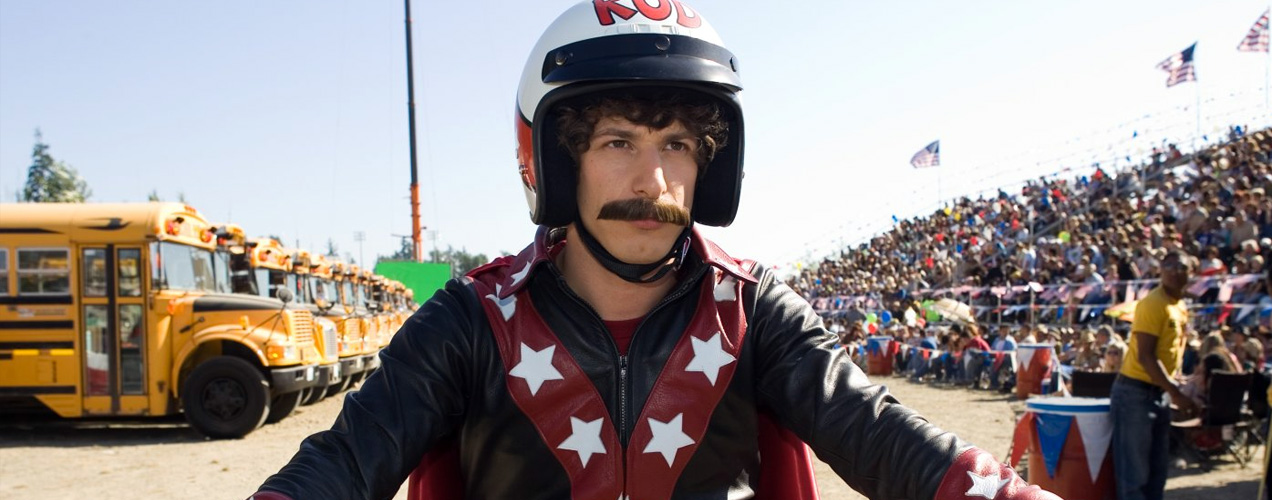
Hot Rod
2007 / Akiva Schaffer > The Lonely Island boys may have made quite a name for themselves with SNL’s “Lazy Sunday” and “Dick in a Box,” but Hot Rod, while a project of love, falls flat soon after take-off. The jokes constantly overstay their welcome and feel like they’re targeted for an elementary school demographic. By the end, though, there’re some heart-tugging moments, no matter how manufactured, that make you think, “Alright, so not an absolute total waste of time. Just mostly.”

P2
2007 / Franck Khalfoun > The pre-eminent display of Rachel Nichols’ cleavage throughout P2 is undoubtedly the highlight of what is otherwise an instantly forgettable psychopath/horror attachment to popcorn written by the director of the much-acclaimed High Tension. But aside from all that, one has to wonder about Wes Bentley. Is this where all the fame and glory of American Beauty leads? There’s no way he could have found something beautiful in this.

Trade
2007 / Marco Kreuzpaintner > Trade may just be this year’s biggest missed opportunity, overshooting any chance of credibility with its amateur, aggrandized screenplay. Because the subject of sex trafficking is misunderstood in both its scope and prevalence, Kreuzpaintner and screenwriter Jose Rivera’s attempt to bring it onto the mainstream is admirable, but ends up being frustrating in its execution. While the cinematography and score are superb, the writing that surrounds it is vapid and cliche. (This worries me terribly since Rivera is in charge of scripting the American remake of the superb Korean drama Failan.) The excess in the storytelling particularly disappoints, taking away the focus from the true horror of the industry while emphasizing the superfluous. Ultimately, I wanted to like it but couldn’t; I found myself too angry at its silliness and disrespect for the subject matter.
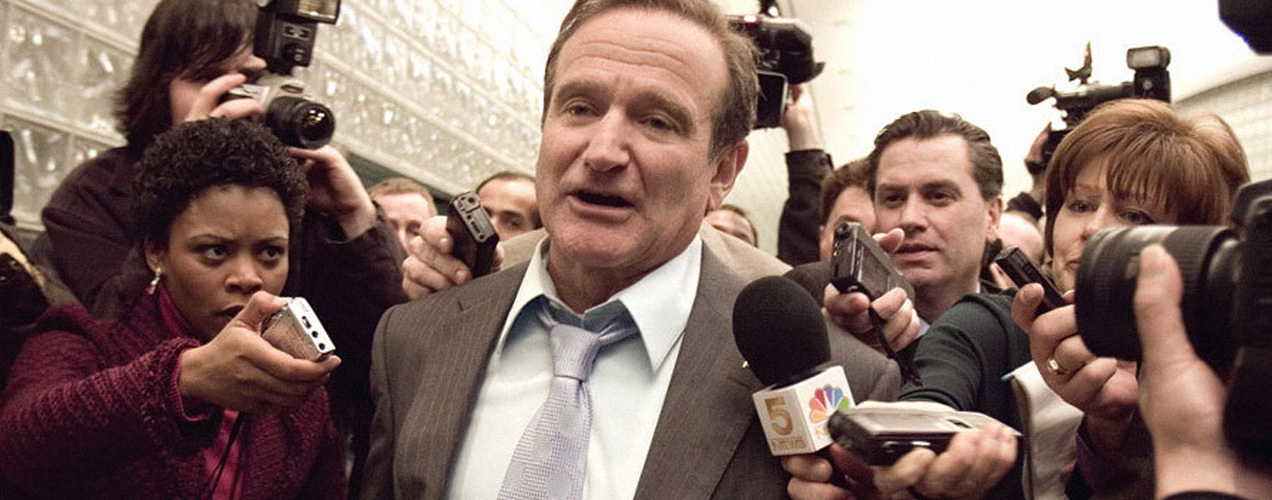
Man of the Year
2006 / Barry Levinson > Immense is the level of frustration involved in watching Man of the Year. Levinson drops the balls on a premise that we’ve always joked about, packing it tightly and sweetly at the front and then quickly letting the air out of the bag until there’s nothing left in the bag. It’s a film about problems, but not solutions. It would have been impressive to actually see what a comedian does once he takes the oval office, but here the action is curtailed into an incredulous scenario which does nothing to advance the initial premise. The endgame is one that reads like an amateur parable, filled with one-sided morality and Hollywood cliche. After the wondrous Wag the Dog, this is a truly misguided film that could learn a lesson or two from Warren Beatty’s Bulworth. Skip this, watch Robin Williams: Live on Broadway instead.

The Last Legion
2007 / Doug Lefler > As a huge fan of anything related to Ancient Rome, I was very much anticipating The Last Legion and its take on the dying days of the empire. Not shockingly, of course, disappointment rose up and stamped its feet well within the film’s first fifteen minutes. Now, it would be silly to expect an accurate depiction of a period of such mayhem and corruption, but what amazes me is the absolute lack of imagination put forth by the writers here. The only thing they could come up with was to somehow link Julius Caesar to King Arthur, but even that is a weak, fleeting piece of amusement amidst a barrage of cliches and a plot that’s driven by a game of cat and mouse. Moreover, Aishwarya Rai says she’s turned down Hollywood offers where the scripts did not suit her, but this? I imagine since she got a chance to play a hardened female warrior while being held tightly in Colin Firth’s bosom is enough to make up for a forgettable experience.

Everything’s Gone Green
2007 / Paul Fox > Douglas Coupland’s screenplay has a subtle charm, that much is for sure, but what’s magically missing is any substance. The film rides the coattails of capitalistic stereotypes while mixing in weak ideals of individualism. On a pure entertainment level, it doesn’t shine, and on an inspirational level, it revels in its de-motivation by taking a one-sided view of ambition backed by a ridiculous plot.
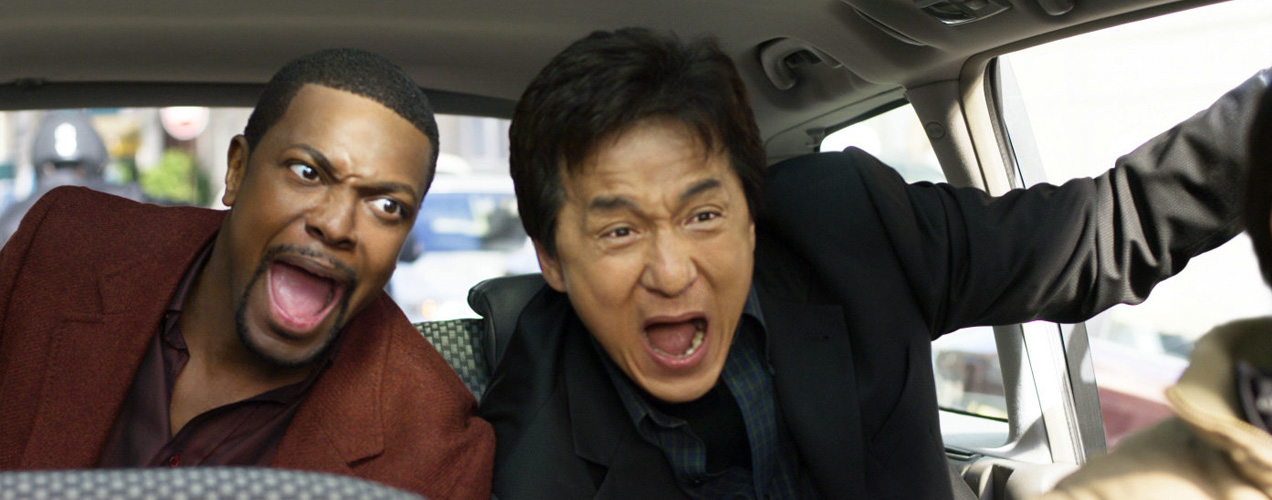
Rush Hour 3
2007 / Brett Ratner > One was good, two was entertaining, but against the good grace that third time’s the charm, Ratner has thrown us a curve with one of the worst films of the year. Tucker may have put forth the single most annoying performance of the year, and Chan probably just enjoyed learning the secret to horses in pornography (see end credits for further clarification). The only thing that could save us now is a guarantee that there will be no fourth installation of such idiocy.
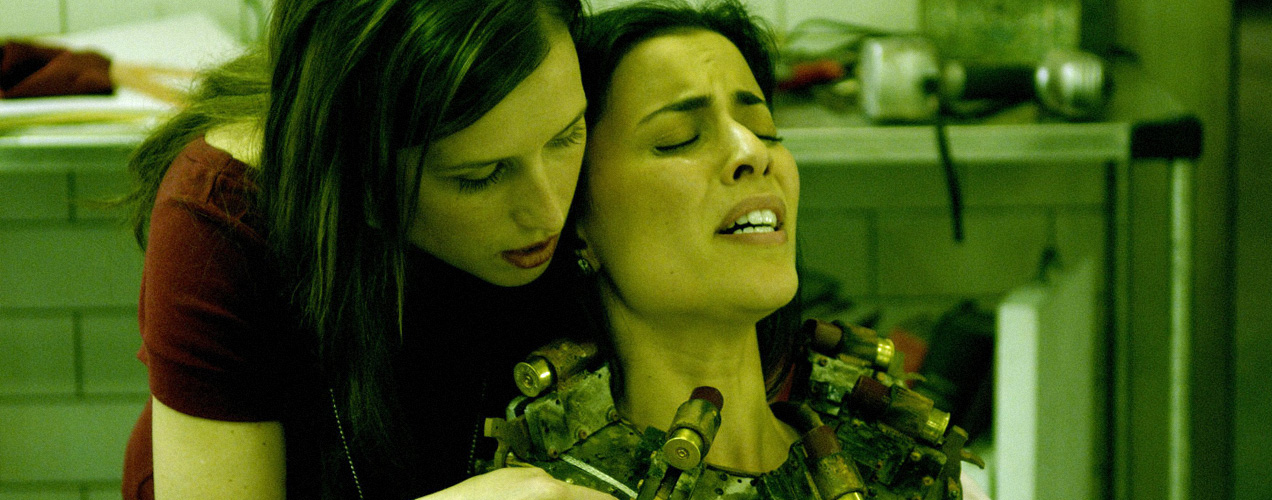
Saw III
2006 / Darren Lynn Bousman > While the original’s premise was under wraps until the end, the second and third have been forcefully convoluted to try and mimic the shock and awe created by their predecessor. Unfortunately, for the second time, they’ve failed. Gone is the underlying tension that there is something deeper, more sinister at play. In fact, it could be argued that the antagonist has become a sort of an anti-hero, one we actually find ourselves supporting and wondering what type of ingenious puzzle will be left for the next victim.
Cary Elwes and Danny Glover gave solid performances in the original, but that category has deteriorated further in this second iteration. What’s probably most disturbing and annoying is the unnecessary amount of visual quick-cuts that the editors take the liberty of shoving onto the audience. Combined with the numbingly overused screeching sounds, Saw 3 leaves us bored with the exception of some clever deaths.

